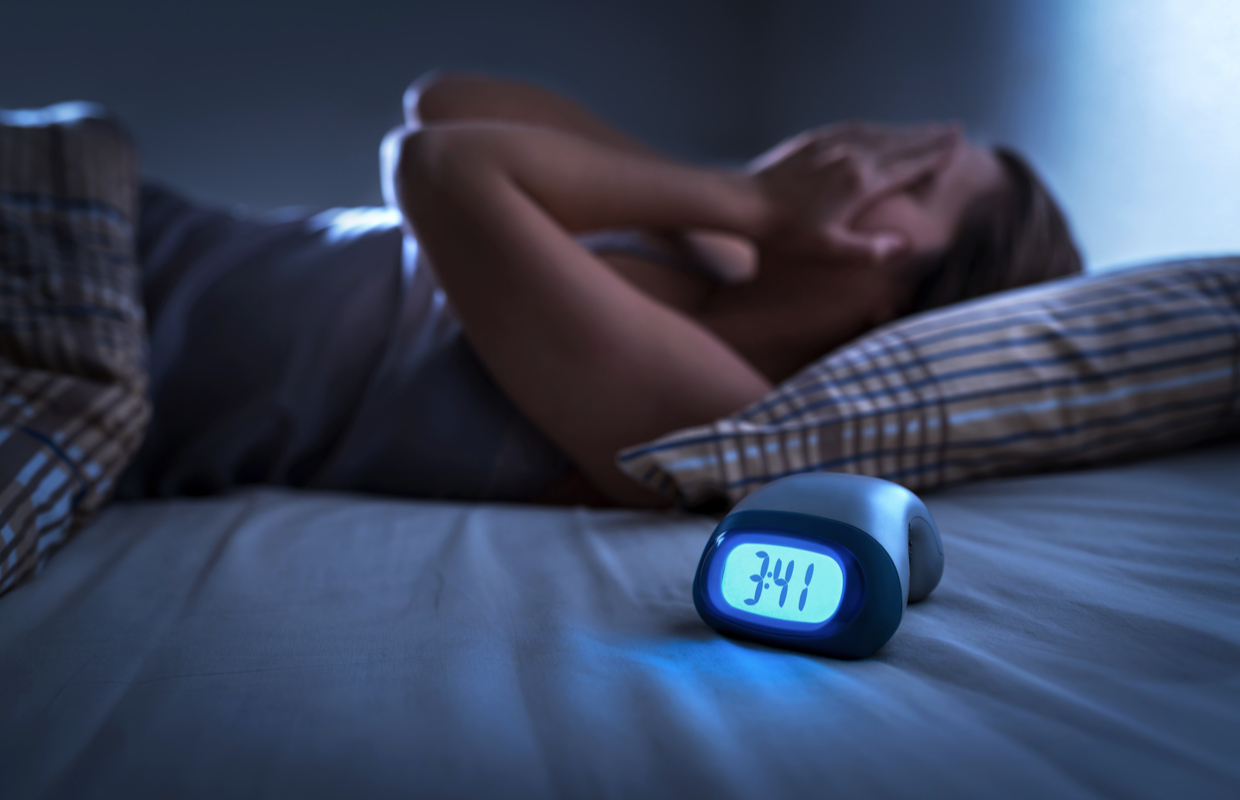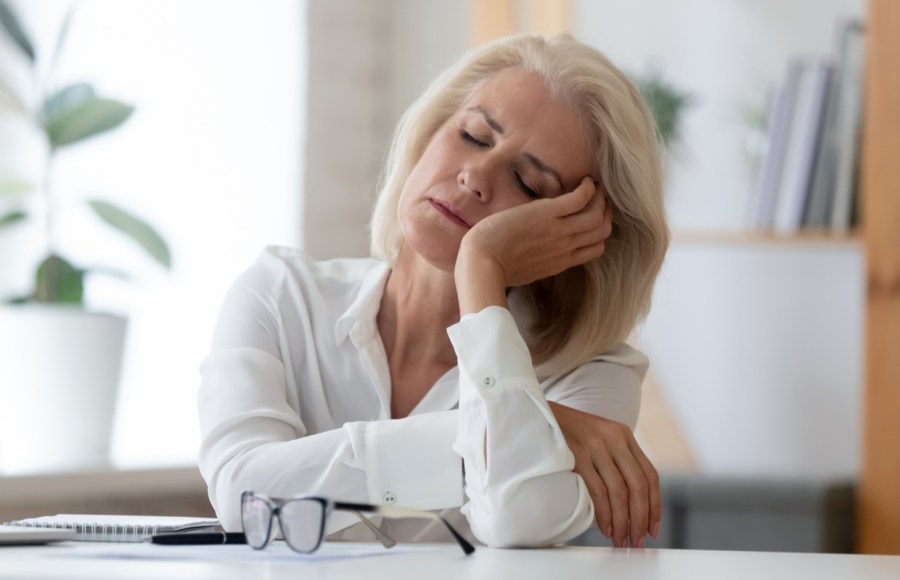Burnout expert and nutritional therapist Rosie Millen explains why sleep is important when trying to avoid burnout and increase your energy levels…
This is a massive subject and it’s critical for energy. So why is sleep so important? When you’re sleeping, your body is hard at work repairing damage caused by stress. Your cells produce more protein while you are sleeping, and these protein molecules form the building blocks for your cells.
What’s more, a study published in 2001 found a correlation between people with insomnia or interrupted sleep and elevated cortisol in the blood. One thing to point out is that the hours of sleep you get between 10pm and midnight are the most helpful.
The theory is because when the sun goes down and it becomes dark, the pineal gland in your brain releases a surge of melatonin – a natural hormone that makes you feel tired and helps you fall asleep.

11 tips to improve your sleep – and your energy levels
Here are my top tips for getting a good night’s sleep, every night, to boost your energy levels and avoid burnout…
1. Stick to a routine
If you go to bed at the same time every night and wake up at the same time every morning, you are more likely to have a healthy sleep/wake cycle. Start by going to bed earlier – even by just 30 minutes – so your body slowly gets used to it.
2. Be careful with light
If you are exposed to light in the evenings, this can interfere with the natural release of melatonin. Be extra careful about the blue light from your phone, as research shows that too much prevents the release of melatonin.
3. Lower the temperature
Too much heat at night increases wakefulness and decreases your chances of REM sleep. So, make sure you are in a cool room and not covered in too many covers!
4. Put it on flight mode
Putting your phone on flight mode from 10pm to 6am will stop most distractions, and you’re less likely to pick up your phone again, knowing you’ve deliberately put it on flight mode.
5. Create relaxing bedtime habits
This means putting your phone away and starting the routine of getting ready for bed. That might mean having a cup of camomile tea, having a bath or doing some yoga.

6. Avoid alcohol and caffeine
Booze is likely to wake you up in the middle of the night, multiple times, and affect your chances of deep REM sleep, while caffeine is a stimulant and keeps you awake. No caffeine after 2pm.
7. Try CBD oil before bed
A growing body of scientific research suggests CBD (cannabidiol) oil appears to ease anxiety, making it easier to fall asleep. Click here to find out more about how CBD improves sleep!
8. Wear ear plugs
These are excellent for blocking out noise that might be keeping you awake. The best ones are silicone.
9. Get comfortable
Is it time to change your pillows? Do you know how old your mattress is? One of my secrets is a mattress topper as they add an extra layer of comfort.
10. Read before bed
Reading before bed can help lower levels of stress. This is because your mind can focus on something other than what happened during the day.
11. Create room boundaries
Keep your bedroom for sleeping only. If you do wake in the night and can’t get back to sleep, go to another room to read for a while, then go back to bed when you feel sleepy again.
Rosie Millen studied at the Institute of Optimum Nutrition and graduated in 2010. In 2014, she was diagnosed with adrenal fatigue. Her book, Burnout’s A B*tch! (£20, Mitchell Beazley), is out now.







